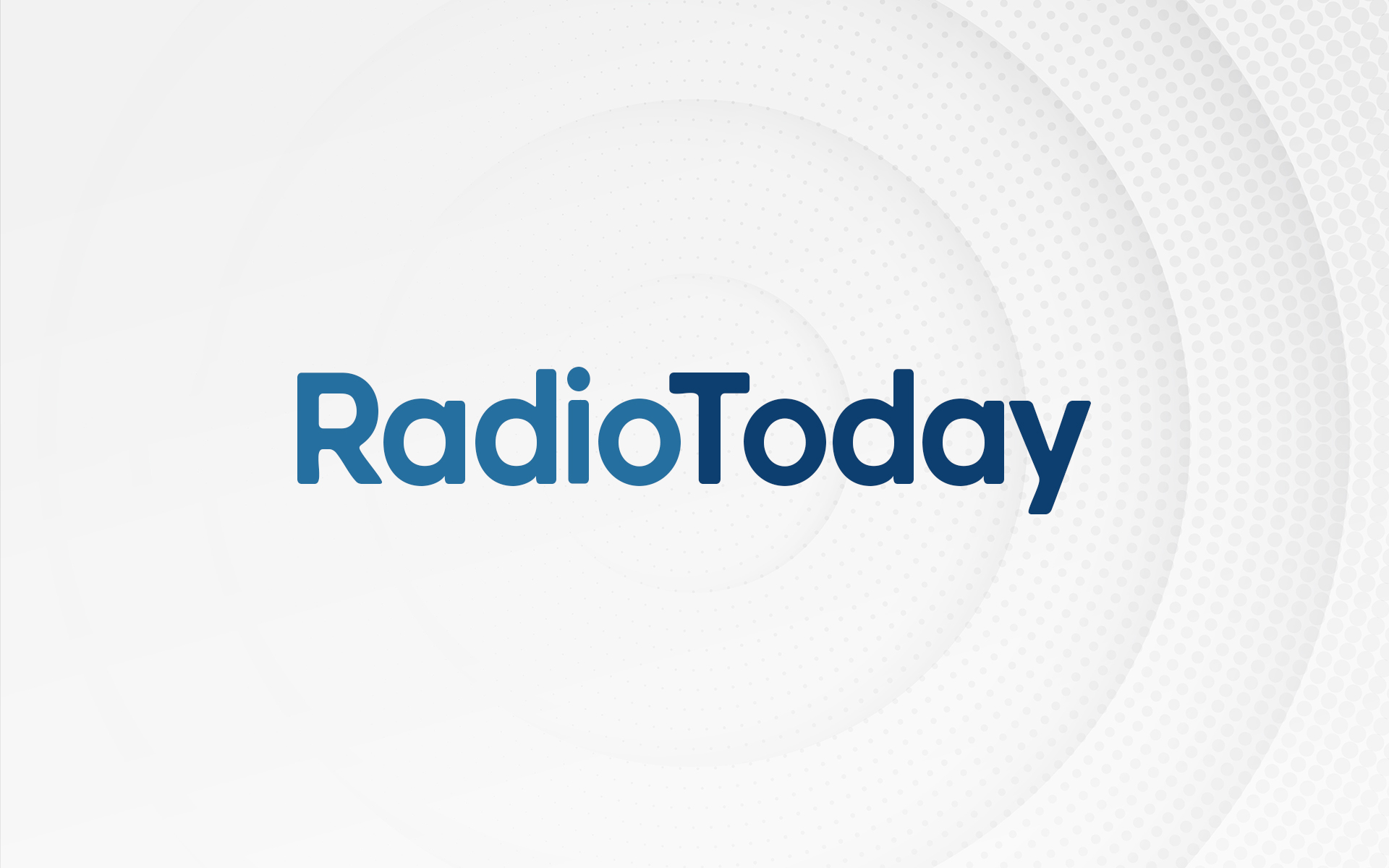
I believe UBC has reached a watershed in its development and the next few months will see profound changes to the Group and its operations. A number of factors have combined to make this so; some of these are particular to UBC, whilst others reflect issues affecting the wider commercial radio industry. I set out below how I believe these changes will impact on the Group and also the Board's strategy for the future.
Firstly, however, I am pleased to report that in the year to 31 March 2008 UBC performed well, with revenues for the Group up 17.3 per cent at £15.54 million (2007: £13.25 million). As a result of writing off the costs relating to the Group's investment in Cliq, the Group reported a loss after taxation from continuing operations in the year of -£2.98 million (2007: -£0.86 million).
Shareholders will be aware the Group's Commercial Networking division has in recent years been one of the main engines of growth for the Group. Last year it continued to grow its share of radio advertising, despite tough market conditions for much of the year and the entry of a major new competitor in its main market. Since the year-end UBC has received an offer from Global Traffic Network to acquire the Commercial Networking division for an initial consideration of £11 million paid on completion of the transaction, with provisions for an earn-out which has the potential to deliver additional payments of up to £5.5 million depending upon the Commercial Division achieving certain turnover targets in the 12 months following the sale. The sale is conditional amongst other things upon completion of due diligence, negotiation of a mutually acceptable share purchase agreement and the consent of UBC's shareholders.
In December 2007 UBC launched Cliq – the Group's innovative music downloading service. Initially the service was available only as a mobile phone service. The early consumer response was disappointing and it is clear that the market for downloaded music is still evolving. The directors also recognised that Cliq would continue to require significant levels of investment for the next two to three years. In June 2008 the Board took the decision to cease operating the mobile phone version of the Cliq service. UBC owns the intellectual property developed in connection with the service, which will instead be made available as a business solution to digital radio manufacturers. This is clearly a disappointing outcome, but the Board believes that the decision to stop the current high levels of investment required by Cliq as a consumer service is in the best interests of shareholders.
On behalf of my fellow directors, I would like to pay tribute to all the staff at UBC for their hard work and commitment during what has been a challenging and difficult period for the Group.
Should the sale of the Commercial Networking division go ahead, the Group will be significantly different. As a result, UBC will comprise the Group's Programme Production and Data and Interactive divisions and the Group's investments in a number of national and regional DAB multiplex operators. It is expected that, after settling various liabilities, the Group will also hold a significant cash position. The Board has decided to initiate a strategic review of the Group's options in the event of the successful conclusion of the sale of the Commercial Networking division. No decisions have as yet been taken on the Board's preferred strategy and, in the meantime, it is the Board's intention to continue to operate the Group's businesses with a view to maximising shareholder value.
In common with the rest of the commercial radio sector, the Group's Commercial Networking division experienced a challenging first quarter. The rest of the Group's operations performed inline with expectations. Despite the current testing trading conditions in the advertising marketplace, the Board believes the Group remains a strong business with good prospects for the future.
[b]CHIEF EXECUTIVE'S REVIEW[/b]
Our core businesses have had a successful year. With no borrowings and a stronger cash position than a year ago, we are very well positioned to deal with what will undoubtedly be a challenging year ahead in the media industry.
We have closed loss-making services, including the digital station Oneword and, since the year-end, the mobile phone version of our Cliq interactive operation, retaining the technology for use in digital radios. The media landscape is changing fast and we are changing with it, choosing to focus our resources on the areas where we will see most return in the short to medium term.
Our production companies continue to enjoy market leadership and a robust business model of commissioned programming which is not exposed to the advertising market. Our pipeline of programming has never been stronger, with the commercial radio company Guardian Media Group announcing commissions from both our production companies and Channel 4 due to commence radio programme commissioning.
Having written-off the investment made in the creation of Cliq, we now own important technologies and patents which we expect to become valuable as the radio industry moves to create revenues directly from its listeners.
UBC has long been a leader in the development of interactive and data applications and the Group's software business, Unique Interactive, has grown from start-up six years ago to be a profitable company with customers on three continents for its digital radio software. This year has been marked by the development of important new products for our major US customers.
With a strong cash balance and a tightly focused group of businesses delivering services to the radio industry, we believe we have repositioned the Group correctly for the future.
[b]Commercial Networking[/b]
Despite the difficulties faced by the wider radio advertising market, UBC's Commercial Networking division performed strongly, reporting record revenues in the year up 28.3% at £11.53 million (2007: £8.99 million). The strength of the Group's syndicated airtime sales business reflects the growing value of networked programming to the commercial radio sector, and in particular the dominant position of UBC's Network Drive service and continuing growth in the number of radio groups carrying our Sky Radio News service. During the year the division faced tough competition from a new entrant to the UK networked programming market, which it met robustly. Since the year-end UBC has received an offer from this company, Global Traffic Network, to acquire UBC's Commercial Networking business for an immediate sum of £11 million in cash plus an earn-out over the next twelve months. The offer is subject, inter alia, to the consent of UBC's shareholders.
[b]Programme Production[/b]
Revenues from UBC's Programme Production division were steady in the year to 31 March 2008 at £3.30 million (2007: £3.37 million). UBC's Programme Production division, which comprises the audio production businesses, Unique and Smooth Operations, continues to be one of the largest suppliers of radio programming to the BBC, producing over 800 hours of programming for the BBC in the year to March 2008.
Both Unique and Smooth Operations have responded positively to continuing cuts in the BBC's commissioning budget and both businesses have actively sought to grow their non-BBC business. In the case of Unique, non-BBC commissions now represent 25% of its revenues. Unique was prominent in the first commercial radio commissions from the newly-formed Channel 4 Radio division. Most significantly, both companies were the beneficiaries of the first commissions from the commercial radio company, Guardian Media Group, which has allocated a budget of £1 million this year to fund new programming from independent producers.
[b]Data and Interactive[/b]
As shareholders will be aware, for the last two years UBC has invested significant amounts in developing an innovative music downloading service. Our expectation was that a number of leading manufacturers of DAB digital radios were planning to launch a new generation of DAB digital radios capable of operating UBC's music downloading service. However, continuing delays prompted UBC in December 2007 to launch an interim version of the service which could be installed as an application on mobile telephones. Unfortunately, the consumer take-up of this early version of the service was disappointing and we faced greater than expected technical difficulties. Moreover, in recent months it has also become clear that the revenue models for music downloading services are still evolving, including some of the core financial assumptions on which our service was based.
In light of the poor consumer take-up and uncertainty over the future financial prospects of the business, in June 2008 the Board took the difficult decision to cease the mobile phone version of the service, as it was felt it could no longer justify the continuing high levels of investment required.
UBC owns all the intellectual property generated as a result of the development of this new technology. The Board has decided that rather than operate a service directly to consumers, it intends to concentrate on providing the technology as a business-to-business solution to manufacturers of devices. UBC is unlikely to generate significant revenues from its music downloading technology in the near future. However, with no ongoing investment now required, the Board is hopeful that shareholders will in the future see a return on the investment that has been made to date.
In the year to 31 March 2008 UBC's Data and Interactive division reported revenues down 23.3% to £0.69 million (2007: £0.90 million). This performance reflects in part a decision to focus the Group's digital software business on delivering a smaller number of higher value contracts in overseas markets. The Board's strategy acknowledges that in the current trading environment the UK commercial radio industry is reluctant to invest significant amounts in delivering to consumers the technological innovations (such as electronic programme guides and enhanced scrolling text) that are available on DAB digital radio.
In contrast to the situation in the UK, such technological innovations are often viewed by overseas broadcasters, particularly in the USA and Australia, as part of the standard package of services that consumers should receive. As a result, UBC's digital software business now provides valuable software consultancy services to a number of leading international digital radio broadcasters.
The decision to concentrate on providing our music downloading technology as a business-to-business solution to manufacturers will increase the range of digital software services delivered by UBC's Data and Interactive division. Although the UK market for digital software services is likely to remain challenging in the short-term, we believe there are considerable opportunities for future growth of the Group's digital software business.


